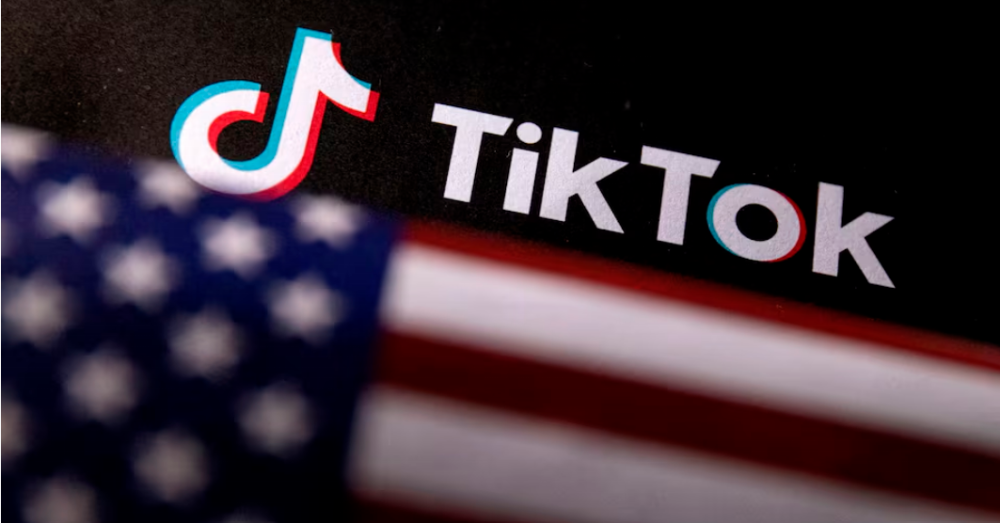NEW YORK: Concerns over national security surrounding TikTok’s Chinese parent firm ByteDance have prompted US politicians to step up their attempts to crack down on the app.
If TikTok doesn’t immediately split off from ByteDance, the measure would ban it from US app shops.
Last Monday, the House Energy and Commerce Committee moved the measure, known as the Protecting Americans from Foreign Adversary Controlled Applications Act, forward.
However, with only 65 members opposing, it was approved by the House on Wednesday with 352 votes in favor.
The bill now proceeds to the Senate, where its future is less assured, after passing the House.
CNN has reported that one major obstacle is the law’s widespread unpopularity among TikTok users, a large portion of whom are also young voters who might have a big influence on the US election in 2024, as senators are well aware.
Before Wednesday’s vote, a few TikTok users recorded themselves phoning their lawmakers and threatening to vote for different candidates if they supported the measure.
Meanwhile, on Wednesday, Senate Majority Leader Charles Schumer refrained from pledging to move the TikTok measure to the Senate floor for a vote. “After the House passes the legislation, the Senate will review it,“ he declared.
What would TikTok do in the event that the law is passed? Should the measure become law, TikTok would have around five months to break away from ByteDance, failing which US app shops would not be allowed to host the app on their servers.
App retailers that break the law may be penalised according to how many people use a prohibited app.
A prohibited app’s user would be subject to $5,000 in fines under the measure.
Therefore, Apple and Google may be liable for fines totaling up to $850 billion in the TikTok case.
Dan Ives, a Wedbush analyst, estimates TikTok’s valuation at $100 billion.
A lot of significant US tech businesses are also already subject to intense regulatory scrutiny, which may discourage them from completing such a large purchase.
Furthermore, even though the bill would prohibit TikTok from being downloaded from US app stores, politicians would actually have a harder time getting users to uninstall the current program from their phones if they wanted to restrict its usage in the country.
However, by pretending to be connected to the internet from a foreign nation, virtual private networking (VPN) services may allow US users to circumvent a TikTok ban.
ALSO READ:










